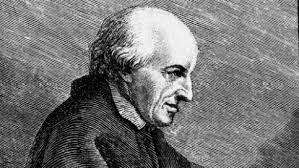
Top 10 Fasch Songs
Johann Friedrich Fasch (1688–1758) was a prominent German Baroque composer and contemporary of Johann Sebastian Bach. Though not as widely recognized today, Fasch’s music was[…]

Johann Friedrich Fasch: Unearthing the Musical Genius
Johann Friedrich Fasch was born on April 15, 1688, in Buttelstedt, a small town in present-day Germany. His early exposure to music came from his[…]